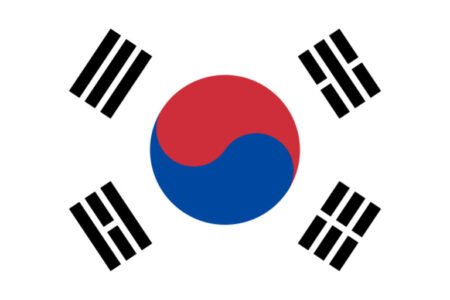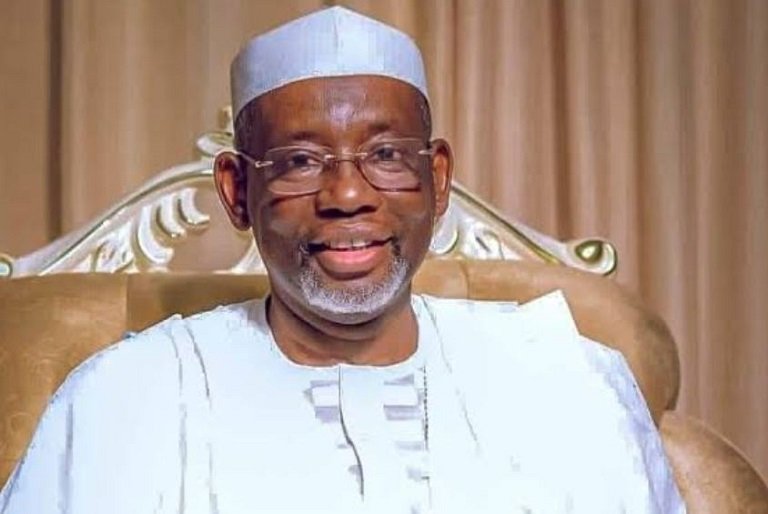President Bola Tinubu intends to raise $10 billion to increase liquidity in the foreign exchange market.
On Tuesday, the naira hit an all-time low of 1,850 per dollar on the parallel market.
Tinubu, who was represented by Vice President Kashim Shettima, announced during the inaugural Public Wealth Management Conference in Abuja on Tuesday.
The event was organized by the Ministry of Finance, Inc., on the topic “Championing Nigeria’s Economic Prosperity.”.
In a statement on Tuesday, Stanley Nkwocha, the Senior Special Assistant to the President on Media and Communications(office of the Vice President), explained, “The Federal Government set a goal to raise at least $10 billion to increase foreign exchange liquidity, a key ingredient to stabilize the naira and grow the economy.
“At the core of this is ensuring optimal management of the assets and investments of the Federal Government towards unlocking their revenue potential. This includes our bold and achievable plan to double the GDP growth rate and significantly increase the GDP base over the next 8 years.”
Tinubu highlighted transparency and accountability as fundamental principles, thinking that enhanced corporate governance, innovative collaborations, and attracting alternative investment resources would result in considerable returns.
Tinubu stated that these higher returns will be channeled towards “crucial funding for education, healthcare, housing, power, roads, and other areas vital to lifting millions out of poverty and stimulating sustainable economic development and job creation for the youth.”.
Meanwhile, exchange rate volatility persisted across the country on Tuesday, despite the significant presence of security personnel at the Wuse Zone 4 currency market in Abuja.
Currency merchants in Abuja reported the dollar’s buying price at 1,820/$ and its selling price at 1,850/$, resulting in a profit margin of 30.
Ibrahim Taura, a Bureau de Change operator, projected that rates would fall to an all-time low of $2,000 if necessary measures were not implemented.
“The police filled everywhere in the market today, but that still didn’t change everything. Today’s rate finished at $1,850, and I will buy it at that rate right now because there is demand,” he stated.
Another operator stated that he could only buy at $1,700 and that the market was not conducive to excellent business.
However, the naira rose 1.48 percent to 1,551 on the official market, owing to a higher foreign turnover of $117.32 million.
This came after the local currency fell for three straight days at the Nigerian Autonomous Foreign Exchange.
The government has been dealing with a persistent Forex shortage as a result of a drop in oil production and foreign inflows.
According to statistics from FMDQ Securities, a platform that oversees foreign exchange trading in Nigeria, the local currency reached an intra-day trading high of 1,701/$ and a low of N1,100 before closing at N1,551/$ on Tuesday.
In June 2023, the Central Bank of Nigeria floated the naira after uniting all parts of the FX market, resulting in a substantial devaluation of the local currency.











